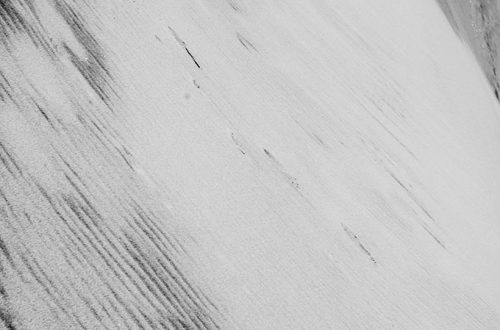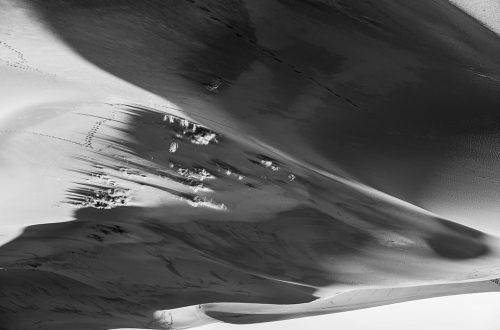How fear destroys creativity
We are all born creative, to various degrees. The innovations and inventions past and present have been brought to life by people like you and me. Well, maybe not entirely like us, because our unique environment and experiences always set us apart and change our perception of the world.
So why is it that even though we are born creative and are able of creative endeavors, we can still make ourselves believe that “I’m not the creative type”? What happened to the child that used to dream and fashion tools for his discovery?
Creativity, in the context of this article is understood as creative endeavor and imagination rather than creative drive*.
The influence of childhood experiences on your creativity
As children, we’re free and uninhibited, that is until someone (a parent, teacher, or peer) stomps onto our imagination and creativity with comments (you call that drawing a dog?) or non-verbal disapproving gestures. We start learning this way, at a very young age, that there are (negative) consequences to using our creativity and imagination.
The laws of reinforcement work wonderfully in this context; you only have to hear it once or twice when you are so young and dependent on the adults around you or the kids you try to fit in with, to internalize it and decide whether creative or imaginative behaviors are acceptable in your environment or not.
I’ve seen many people, myself included, unconsciously blocking creativity and trying to choke it. You are doing this, most likely without realizing it, because you know how deeply it would hurt to, again, face other people’s disapproval of this side of you in particular, and of you in general.
You remember how it felt as a child to be put down for your imagination and now, as an adult, you are trying to avoid similar situations from happening. If experience teaches you anything, it is that you will avoid painful situations at any price while using your past experiences to gauge potential threats such as embarrassment, shame, ridicule, humiliation, and failure.
Finding meaning in your creativity
One of my greatest challenges in terms of creative endeavor has been writing, and you can add to that a complex of inferiority because English is my second language. I decided that the best way to challenge my fear was confronting it head on by writing blogs. I reasoned within myself that I have a lot of things to say and teach others and have a duty to them to share it.
You are allowing your creativity to emerge based on the perceptions you hold, in part. It feels easier to be creative when you see the situation surrounding your creativity as a service to others. This is not the only way to reason with yourself and not the only solution or view either.
Body cues related to creativity
To some of you out there feeling “uncreative”, I’d like to invite to pay attention to the cues of your body. Some self-deemed “uncreatives” occasionally get a gnawing sensation in the stomach or the throat, when they block creativity. Pay attention to that sensation in your body and stay with it by allowing it to happen so that you can move through it and get access to your creativity. This might be easier said than done and if you find it impossible or unthinkable to realize, find a therapist that can help you with this process of uncovering your creativity and working through your fears.
We need creativity not only for the obvious artistic reasons; we use creativity in our day to day lives, at work figuring out problems, at home and in relationships. Creativity is a choice and one with negative repercussions if choked and with amazing possibilities if encouraged.
What ways have you found helpful to encouraging your creative side?
Note: * Some people experience creativity as a drive, and that is different than the general concept of creativity or creative endeavor. Highly creative people, artists, and scientists have a drive to create: an internal engine that oversees all the operations of the creative process from distilling an idea, to executing it and finalize it. The drive to create is different from creative endeavor or general creativity because it’s something that comes like an impulse; unless it is satisfied and allowed to take form, it can create an internal disconnect and can lead to affective and emotional issues and disorders.

